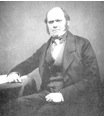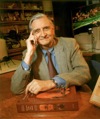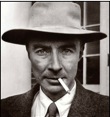SCIENCE, TECHNOLOGY AND SOCIETY PROGRAM
From the Program Description:
“Science and Technology are not isolated activities: they are inextricably linked to every other aspect of human experience. Science and technology have important connections to literature, philosophy, religion, art, economics, and to social and political history. Scientific evidence and argument are part of continuing lively debates on issues at every level of generality: social policy, the utilization of natural resources, the allocation of health care, the origin and evolution of life, the place of humankind in the natural order, and the nature of the universe.
Science, Technology, and Society courses explore the connections between the sciences and other parts of the human endeavor. Students in the Program develop an understanding of 1) how the broader culture influences the development of science and how science influences different societies and cultures, and 2) the interplay between science and economics, politics, religion and values in contemporary decision making. Many Science, Technology, and Society courses are cross-disciplinary in nature, and many are team-taught. Faculty from more than a dozen different disciplines within and without the sciences participate in Science, Technology, and Society.
Majors in the Program in Science, Technology, and Society develop a strong understanding of the practice of science and technology, which provides excellent preparation for careers in medicine, law, public policy, and university research and teaching. Minors, especially those majoring in a science, and students taking individual courses broaden their understanding of this important area of human endeavor.”





















“They that know the entire course of the development of science will, as a matter of course, judge more freely and more correctly of the significance of any present scientific movement than they, who, limited in their views to the age in which their own lives have been spent, contemplate merely the momentary trend that the course of intellectual events takes at the present moment.”
~ Ernst Mach, from the introduction to The Science of Mechanics, 1883. TE